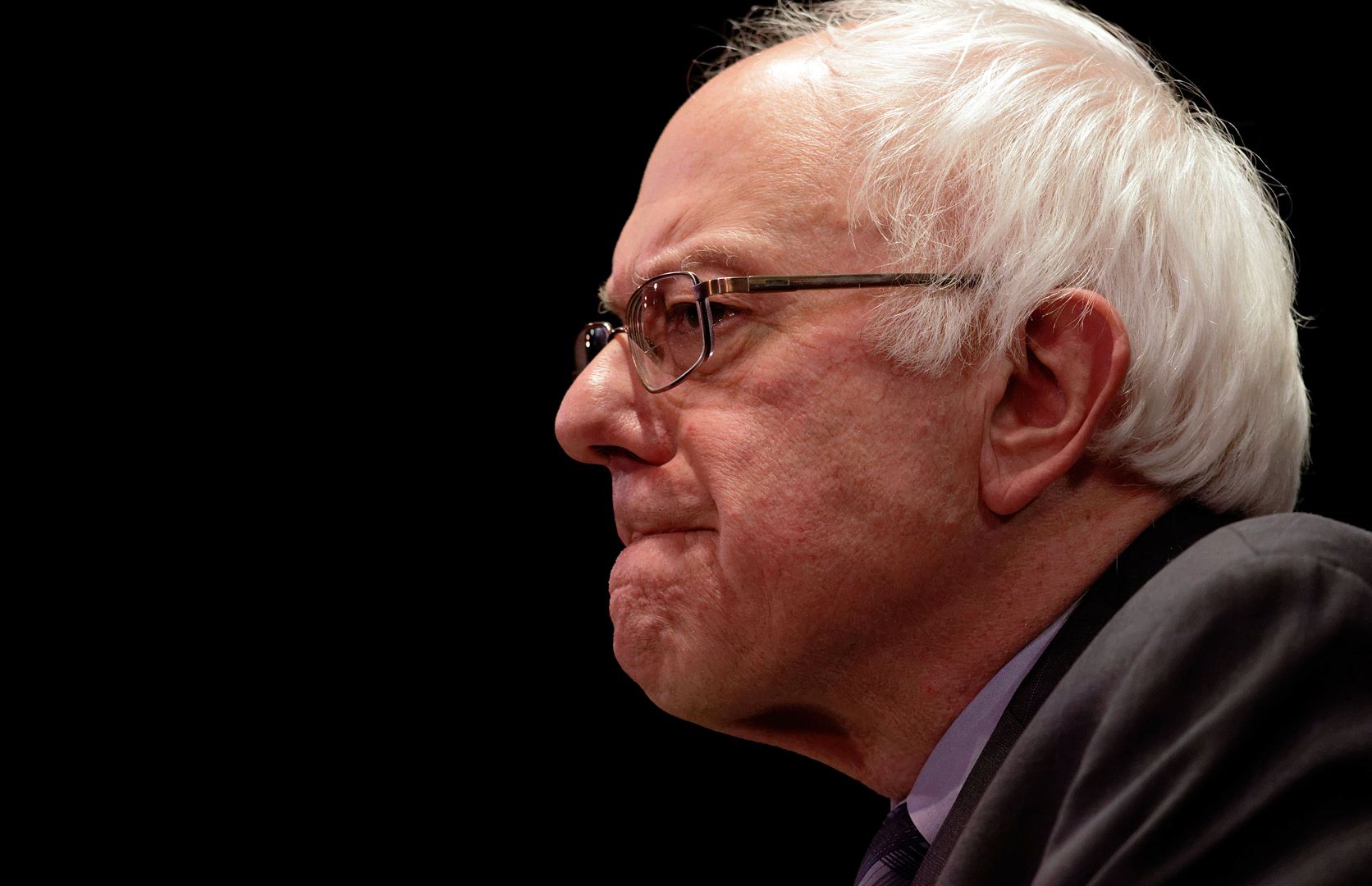Millennial favorite, Bernie Sanders, put his money where his mouth is by becoming the first presidential campaign to unionize. His campaign manager Faiz Shakir explains, “Bernie Sanders is the most pro-union candidate in the field, he’ll be the most pro-union president in the White House.” In a crowded democratic primary field, other presidential hopefuls may be tempted to follow suit. However, I would caution his peers to unionize at their own risk.
Critics argue that unions are a bad idea because they raise the cost of doing business—in this case, Bernie’s campaign cost. Unions have harmed entire industries this way. They act as monopolies that create room for employees to be protected from termination, while at the same time protecting seniority over productivity. What type of business model is that?
Labor unions are very popular with millennials. According to the US Bureau of Labor Statistics, millennials have the fastest growing membership of unions. Steven Pitts, a labor professor believes that one reason young people support unions is their age. He explains, “young people don’t remember the 1970s and 1980s, when unions were demonized by big business and politicians.”
Currently 44 Bernie staffers have signed their union cards as official members of the United Food and Commercial Workers Local 400, but after negotiation up to 1,000 employees are expected to join as well. The UFCW Local 400 labels this unprecedented move a “victory” and explains their union has a reputation for “effective tenacious and professional representation.”
Every job in a presidential campaign is important. From the volunteers to the campaign manager, staff have to be coordinated across states to spread the seeds of the grassroots support that will turn out to the primaries, and if done right, election day. This hard work is not for everyone, but it is especially not for those who want unionized work.
Most people who work on a campaign with the understanding that funds will be tight—after all, they are usually working with donated money. Bernie used to tout that his average donation was $27 which painted him as a politician funded by average people. Because of the unionization of his campaign, Sanders could now end up spending more money paying more for staffers than he would have without the union. Clearly, Bernie doesn’t have a problem spending other people’s (his donors’) money.
In Bernie’s campaign, the top staffers will be able to negotiate their way to good pay, better hours, and employee benefits. This sounds like a sweet deal—but what if you were not at the top of the food chain? The unionized employees’ benefits will disincentivize the lower-level unpaid staff and volunteers, which will could hurt Bernie’s campaign because these are the workers who are crucial to get the ground game moving. He is taking for granted the laborers at the bottom of the pyramid.
Official details about negotiations have not been reported but some have theorized that this is an attempt to prevent a repeat of Bernie’s 2016 campaign allegations of sexual harassment and pay disparity. UFCW Local 400 President, Mark Federici, adds that unionizing means “pay parity and transparency on the campaign, with no gender bias or harassment and equal treatment for every worker.”
Sanders has overlooked the costs of his decision—as a true socialist would. Unionization of a presidential campaign is likely to make the campaign less efficient and other politicians would be wise not to follow Sanders on this.


